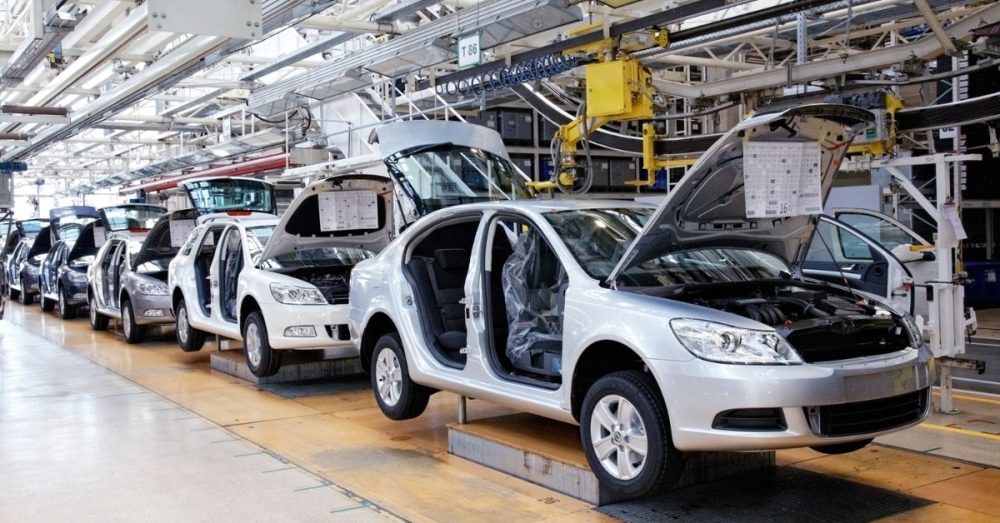The No.2 U.S. electric vehicle brand, Ford Motor Co., has scrapped plans to build a seven-seater SUV, blaming “rising compliance requirements,” increased competition from Chinese manufacturers, and customer demand for cheaper electric cars.
Ford has also reduced its spending on electric car development by 10%, from 40% to 30%.
Despite the Biden administration’s goal of having 50% of all new vehicle sales be electric by 2030, consumers have been reluctant to take the plunge, and automakers are reconsidering their previously ambitious plans.
CNBC declared earlier this year that “EV euphoria is dead,” with automakers scaling back or delaying plans, as Ford has done multiple times. Unsold inventories of EVs fill dealers’ lots.
As Forbes reported in March, fully electric vehicles account for a tiny percentage of U.S. car sales — less than 8%.
The Wall Street Journal reports on the auto industry’s hasty retreat from electric vehicles. Here’s the start of the story:
Ford Motor’s decision this week to kill a highly touted future electric vehicle is a sign that the industry’s pullback on EVs is deepening.
The Dearborn, Mich., automaker said Wednesday it is canceling plans for an electric, family-hauler sport-utility vehicle that Chief Executive Jim Farley once touted as a “personalized bullet train.” The move added to the drumbeat of news from carmakers of delayed or scrapped investments into EV models, factories and battery projects.
General Motors, Volkswagen, Mercedes and other automakers also have curbed their EV ambitions in recent months. Taken together, the walked-back plans are an acknowledgment that the big investments outlined at the start of the decade got ahead of the consumer’s appetite for a full switch to EVs.
While surveys have shown that as many as half of U.S. consumers are open to buying an electric car, their relatively high prices and concerns over charger availability are dissuading many. EV sales in the U.S. and other regions are still growing, but the pace of the increase has decelerated sharply, despite many new models hitting the market.


